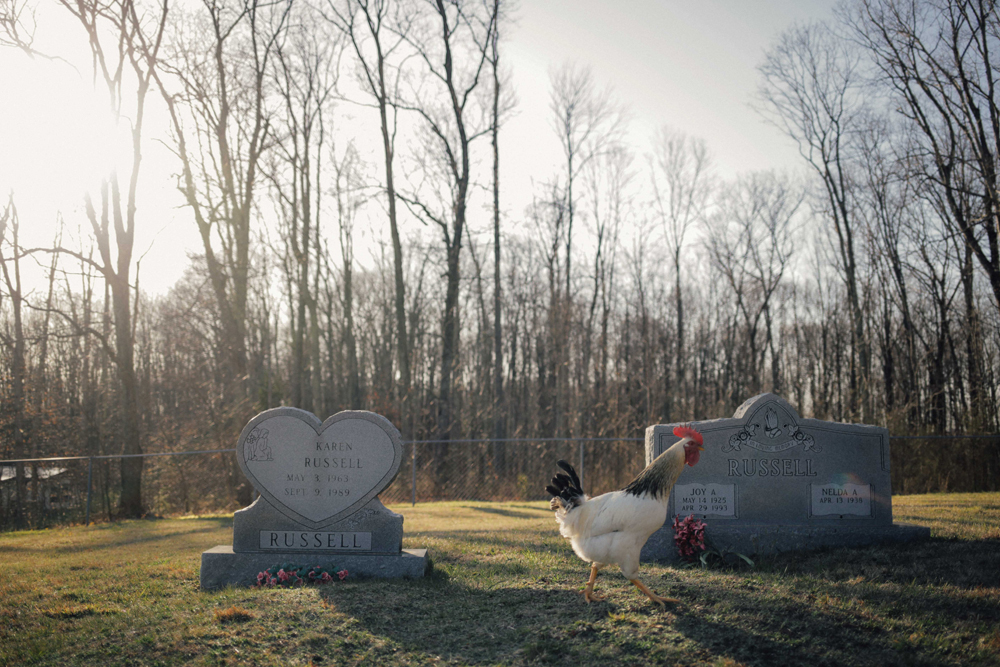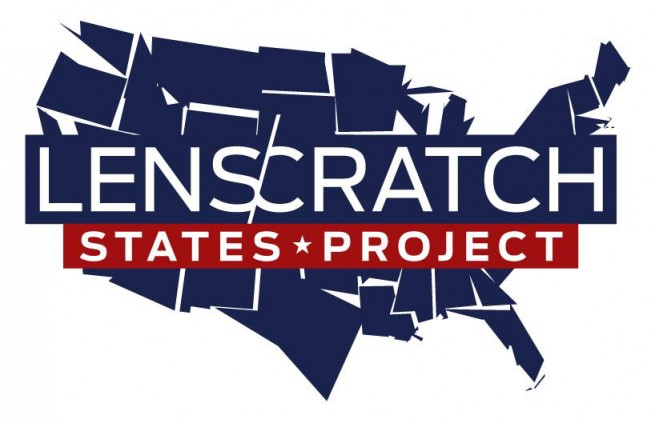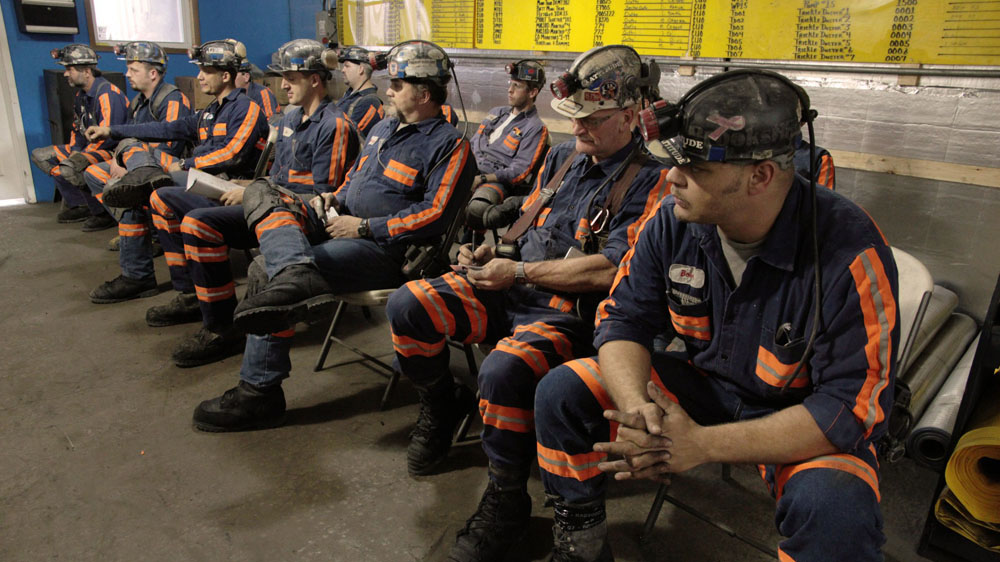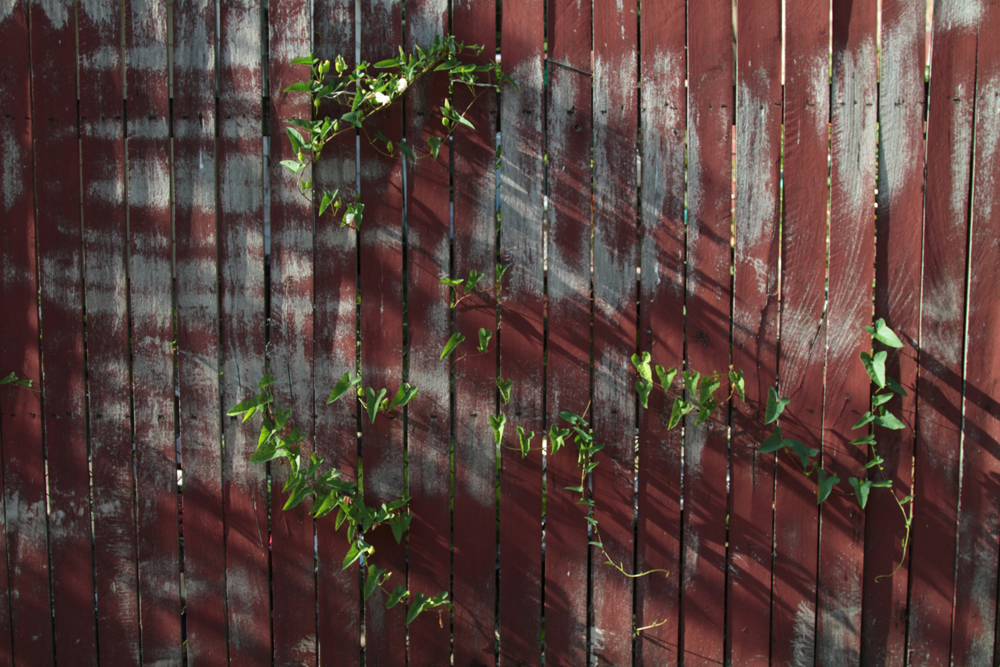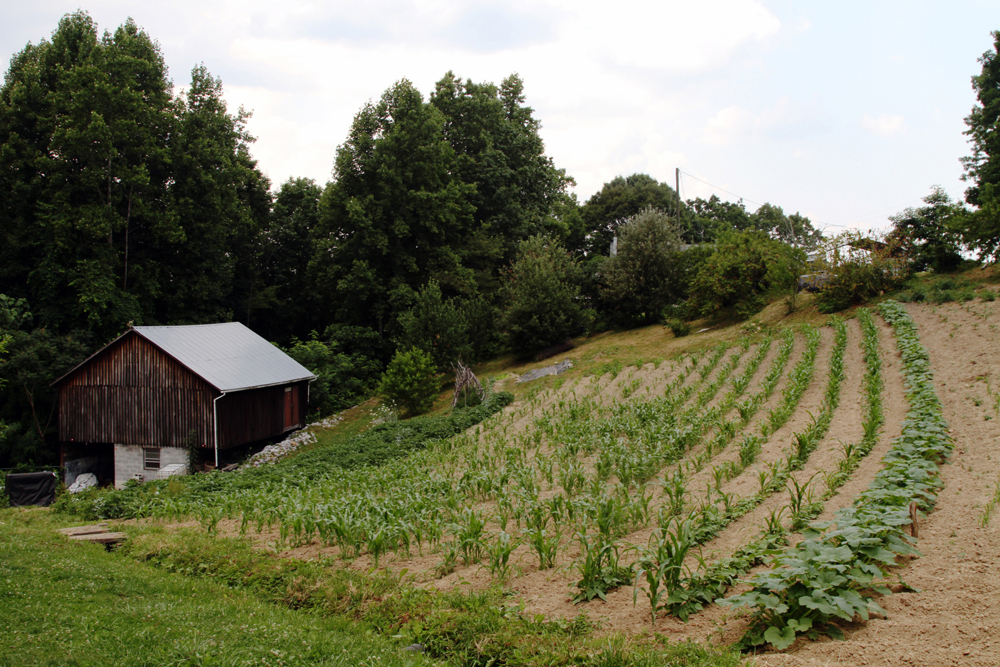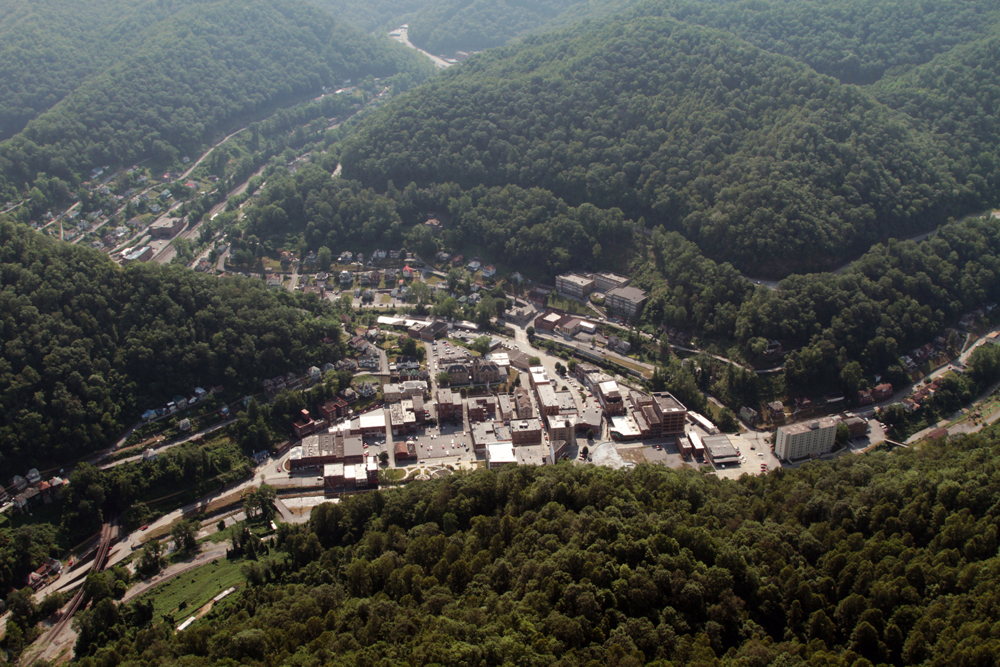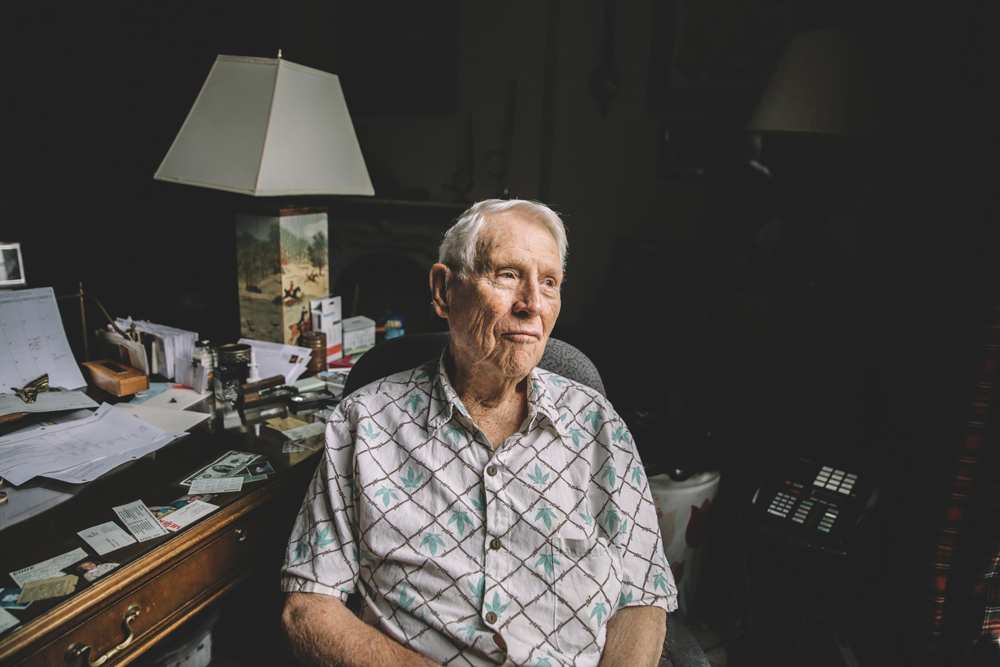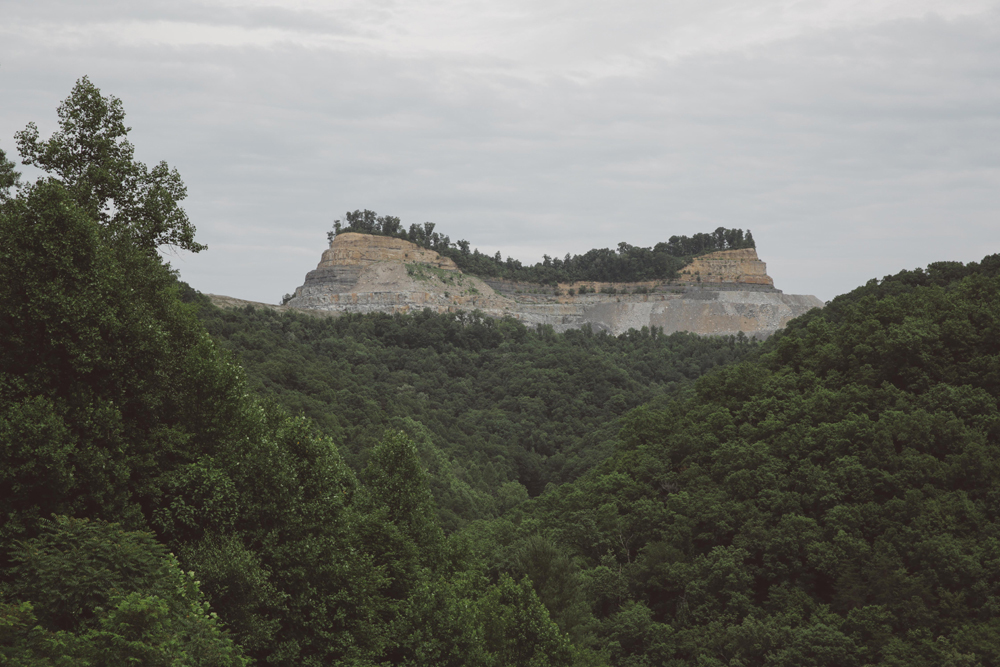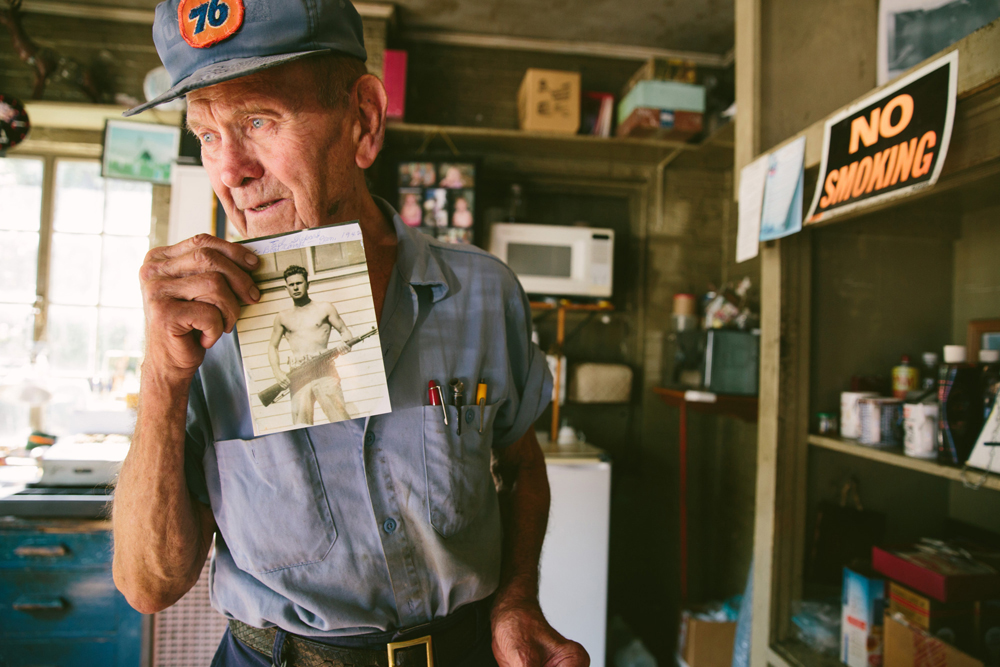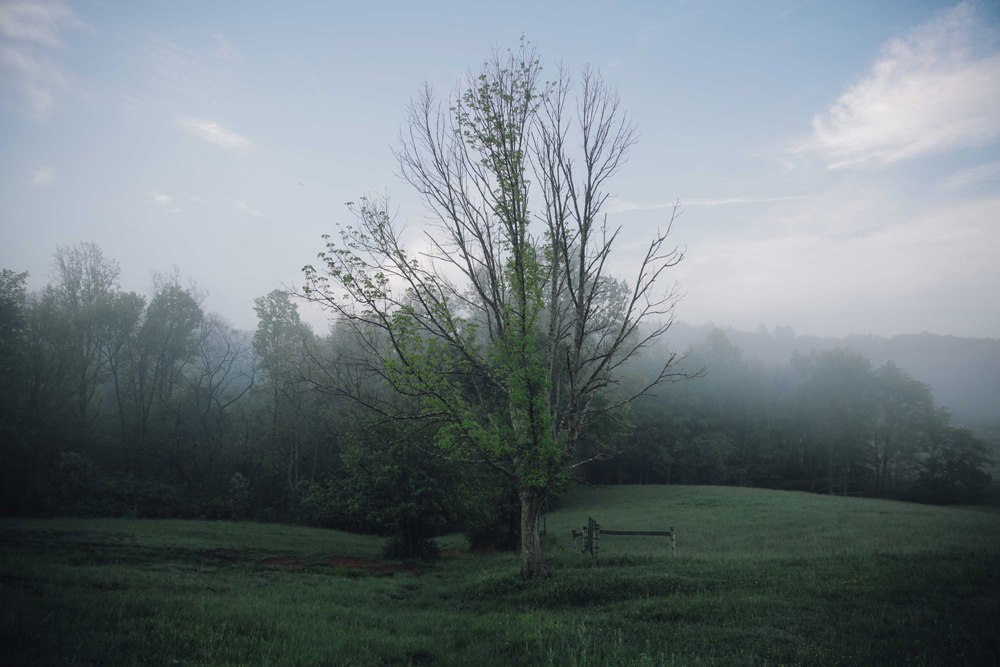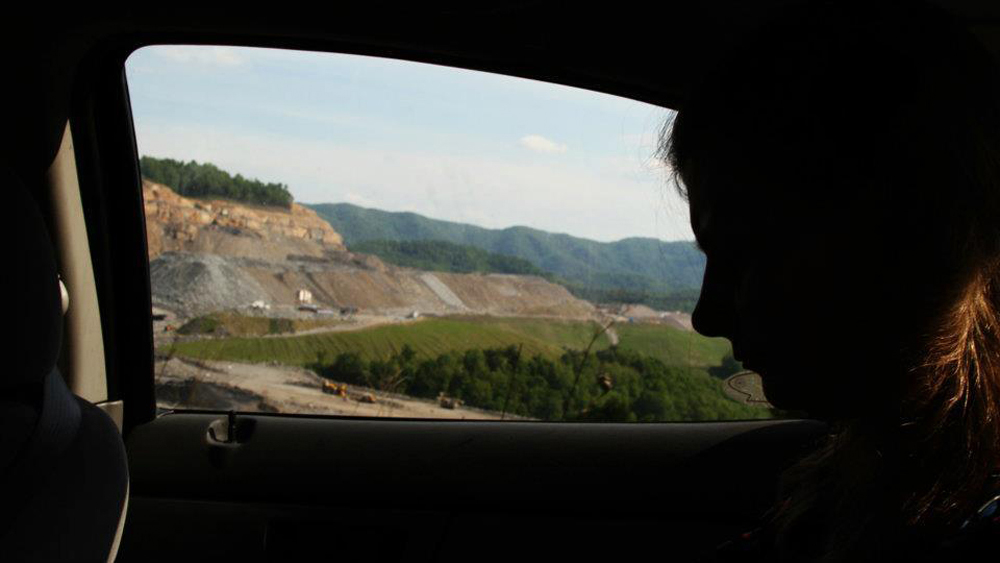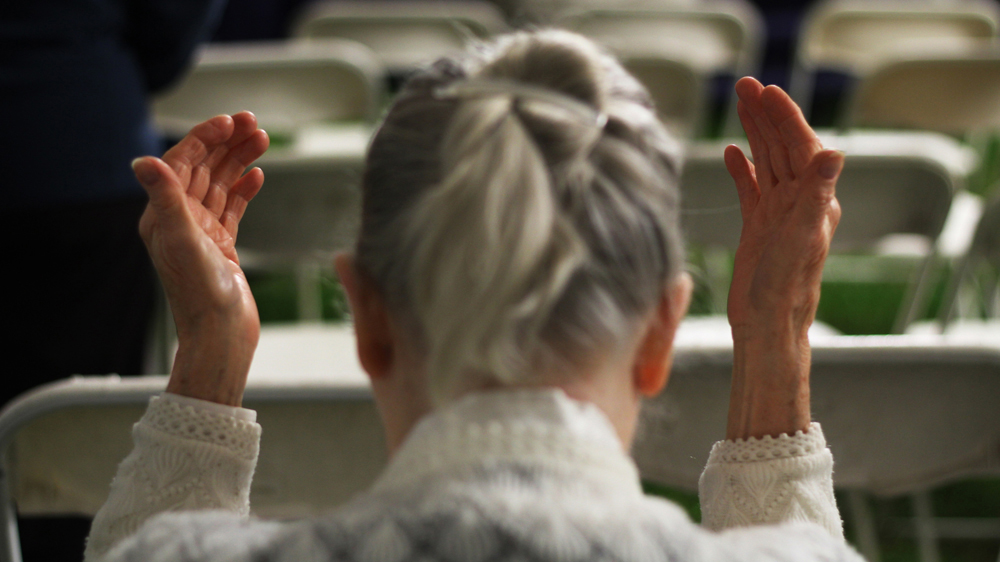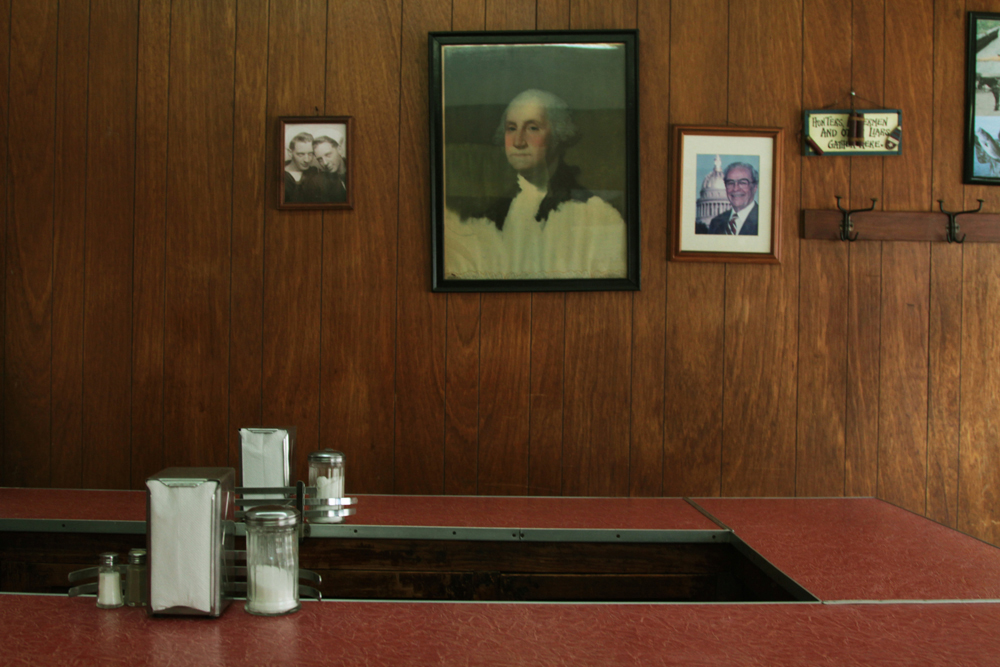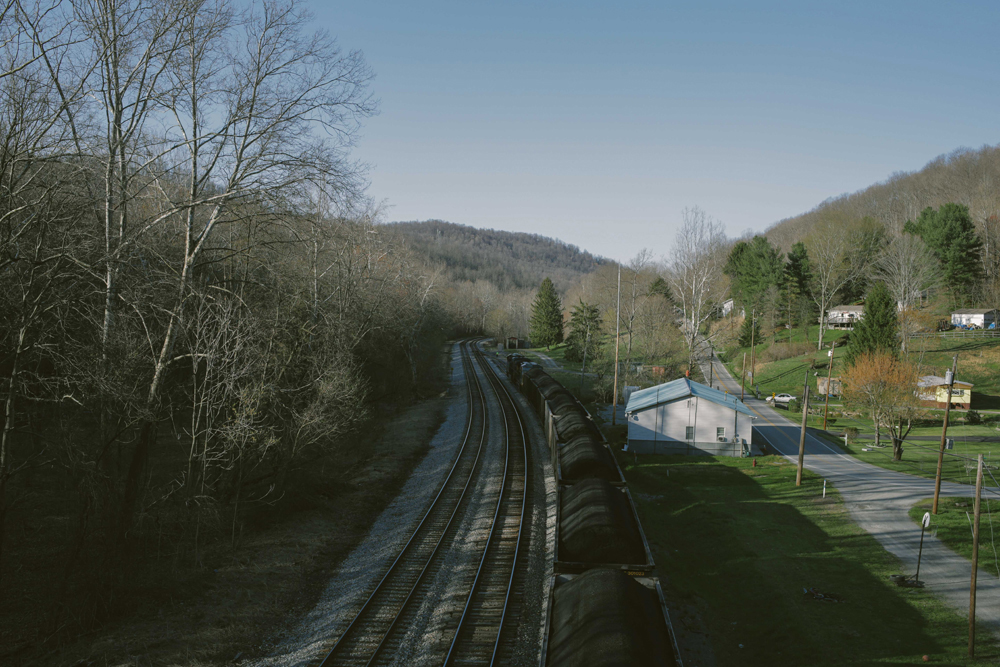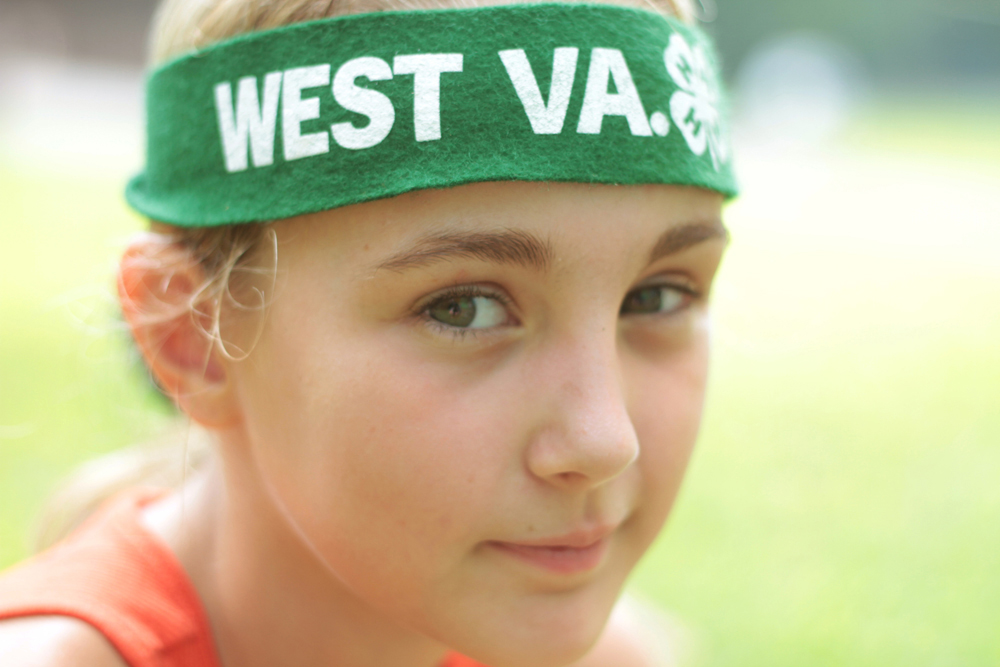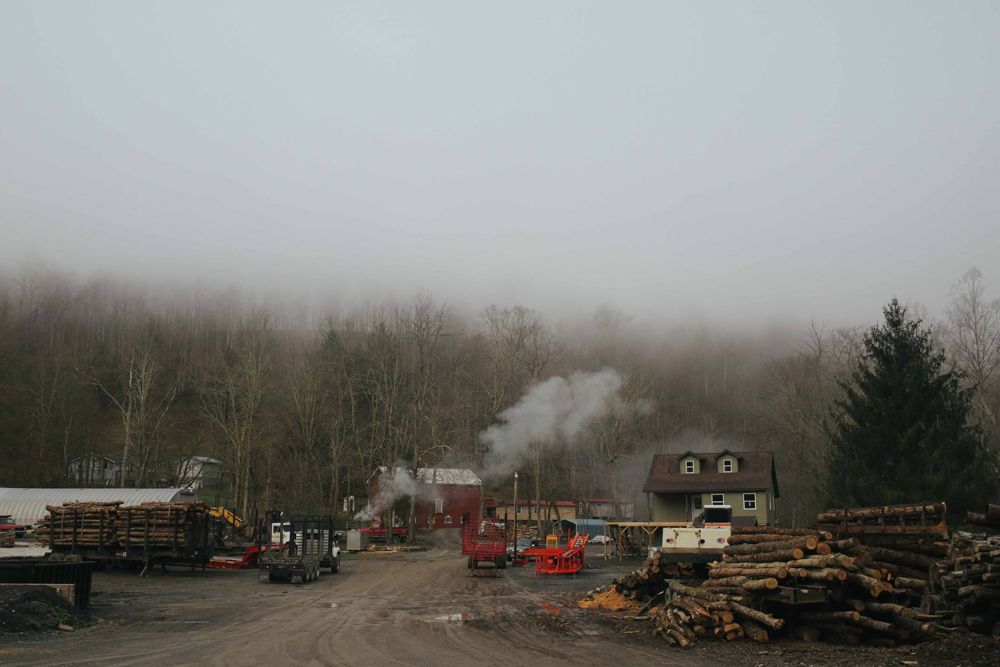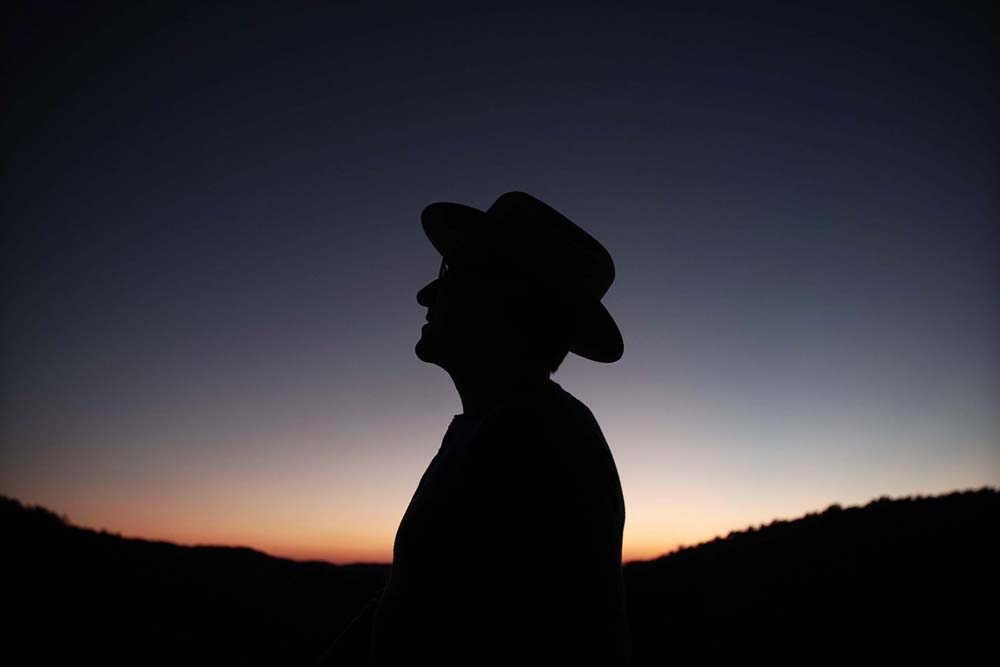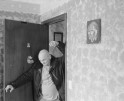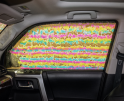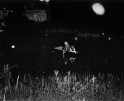Elaine McMillion Sheldon: The States Project: West Virginia
When Elaine McMillion Sheldon was a young girl in Logan, West Virginia, her neighborhood was ripe with events that she would observe and write about. She loved writing, and wanted to be a journalist – journalism could be an avenue for her to go see the world, ultimately leaving West Virginia. She laughs at the irony – she resides in Charleston, West Virginia, now, with no want for leaving, and has done a lot of her work about and within the state, including Hollow, an interactive documentary about McDowell county, and most recently, Heroin(e), a Netflix original documentary of the opioid crisis in Huntington, West Virginia. Through her work, though, she reaches beyond the state, “The story of McDowell County is universal – anyone can relate to it.”
I find Sheldon’s work to be sensitive and humanistic. She spends time with the people she is documenting before she even shoots a frame, and keeps in touch long after. “You’re indebted to that person, they have given you their time and been vulnerable for you. There are plenty of people in Hollow that I keep up with… it’s a privilege to keep up conversation and have a perspective on peoples long term lives.”
Sheldon is a caretaker of stories, and the storytellers who give them to her: she treats the people she documents with love, care, and respect. She acknowledges the subject matters that are hard to breach with great honesty, and makes sure to represent her people with high regard. I think this is a lesson we should all glean from.
Elaine McMillion Sheldon is a Peabody award-winning documentary filmmaker based in West Virginia. Her work explores universal stories of identity, upheaval, roots, survival, resilience, and hope. Sheldon is the director of “Heroin(e)” a Netflix Original Documentary short that follows three women fighting the opioid crisis in Huntington, West Virginia. In 2013, she released “Hollow,” an interactive documentary that examines the future of rural America through the eyes and voices of West Virginians. Hollow received a Peabody, Emmy nomination and 3rd Prize in the World Press Photo Multimedia Awards. In 2016, Chicken & Egg Pictures awarded her with the inaugural “Breakthrough Filmmaker” award. Sheldon was a 2013 Future of Storytelling Fellow, and named one of the “25 New Faces of Independent Film” by Filmmaker Magazine and one of “50 People Changing The South” by Southern Living Magazine. She has been commissioned by Frontline PBS, PBS NewsHour, Center for Investigative Reporting, New York Times Op-Docs, TEDWomen, People Magazine, Lifetime, Field of Vision, Mashable, The Washington Post, and The Bitter Southerner.
Backyard of the Nation
Growing up in the coalfields of Appalachia, storytelling was central to our way of life. I was raised on harrowing accounts of my grandfather surviving roof falls in coal mines, and tall tales about the ghosts that haunt us. Storytelling, fiction and nonfiction, was the first type of “art” that I was exposed to; though none of us called it art.
Today, I still do not call what I do “art.” It’s simply “my work.” I see my work as a service for my community and region. To be a sensitive, honest and fearless documentarian that dives deep into the complicated lives that make up the place I call home. Everyday I aim to become a better listener, developing this skill so I can be a compassionate leader, friend, filmmaker and daughter of Appalachia. Over the past eight years, I have experimented with writing, photography, filmmaking, interactive media, participatory media and exhibitions but have kept my storytelling roots, fostered by my family in the mountains, at the center of my practice. My practice keeps me rooted in a region of America so wholly misunderstood, oversimplified and misrepresented by mass media.
I strive to be a creator who encourages change, not through my own answers and solutions, but through amplifying grassroots voices. To feel the personal satisfaction of standing on principles I believe in – truth, empathy, respect, independence and hope. To move people emotionally and challenge preconceived beliefs. To ask questions and to be a lifelong learner.
Posts on Lenscratch may not be reproduced without the permission of the Lenscratch staff and the photographer.
Recommended
-
Jake Corcoran in Conversation With Douglas BreaultAugust 10th, 2025
-
Smith Galtney in Conversation with Douglas BreaultDecember 3rd, 2024
-
Jordan Eagles in Conversation with Douglas BreaultDecember 2nd, 2024
-
Interview with Peah Guilmoth: The Search for Beauty and EscapeFebruary 23rd, 2024
-
In Conversation with Cig Harvey: Beauty, Books, and InstallationFebruary 21st, 2024

